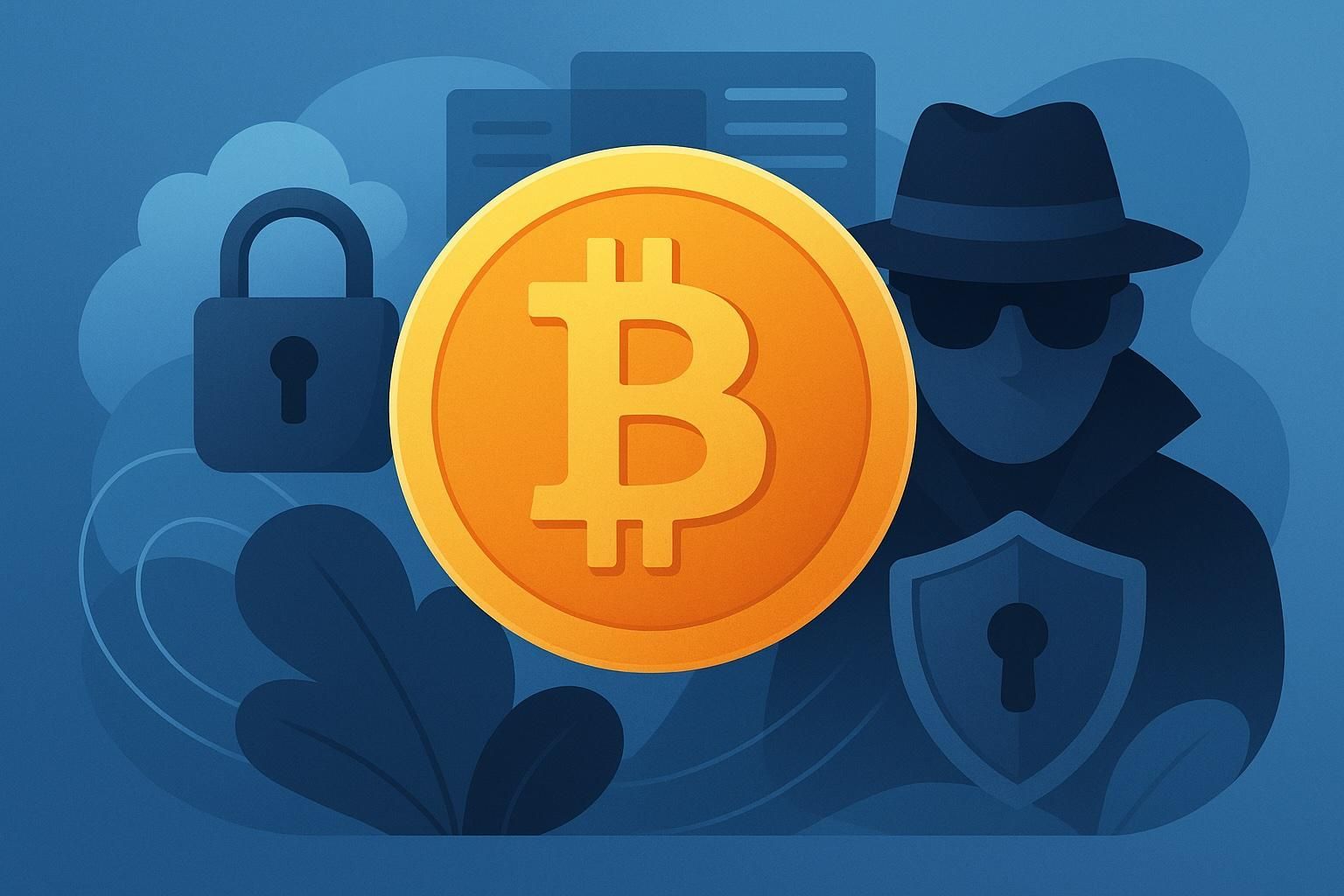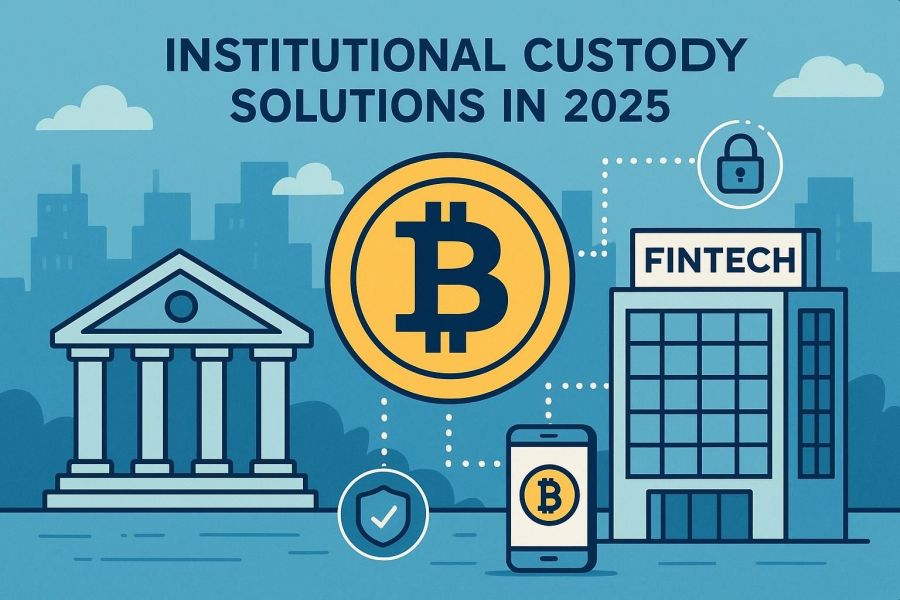
Bitcoin Privacy: New Technologies and Wallets Redefine Anonymity in 2025
As the digital world becomes more surveilled, Bitcoin privacy is becoming a top priority for many users. In 2025, a wave of new wallets and privacy-focused technologies is helping set fresh standards for financial anonymity.
Privacy-First Wallets Emerge
Leading the charge is Wasabi Wallet, which uses the CoinJoin method to obscure transaction trails. With every transaction bundled with others, it becomes far more difficult for blockchain observers to link a sender to a recipient. Moreover, Wasabi routes all traffic through the Tor network, adding another layer of privacy. Read more here.
Another contender, Best Wallet, has gained traction for its no-KYC approach and support for over 1,000 cryptocurrencies. Its alias-based addresses and built-in DEX integration make it a strong choice for those seeking maximum privacy. Read more here.
For those who prefer hardware, Ellipal and BitBox02 offer secure offline storage with a privacy-first mindset. These devices help keep private keys away from internet exposure, shielding funds from hacks and surveillance. Read more here.
Specialized Wallets for Privacy Coins
Monerujo (for Monero) and ZecWallet (for Zcash) cater to users of privacy-focused cryptocurrencies. These open-source wallets support shielded transactions that are designed to keep financial activities private. Read more here.
New Technologies to Bolster Privacy
Beyond wallets, innovative tools are expanding the frontier of Bitcoin privacy. The Nym Mixnet offers a new model for routing internet traffic through multiple nodes to erase metadata, unlike VPNs or Tor. Read more here.
Meanwhile, stealth address protocols like BaseSAP generate unique one-time addresses for every transaction, further decoupling senders and recipients. Read more here.
On the cutting edge, post-quantum wallets with zero-knowledge proofs (ZKP) are in development to future-proof privacy against the rise of quantum computing, ensuring that transactions can be verified without revealing any sensitive information. Read more here.
European Regulatory Watchdogs Eye Privacy Wallets
Amidst this boom in privacy solutions, European regulators are taking note. The Markets in Crypto-Assets (MiCA) framework doesn’t ban non-KYC wallets outright, but it increases scrutiny to combat money laundering. Read more here.
Practical Tips to Maximize Privacy
- Use new Bitcoin addresses for every transaction. Read more here.
- Consider using Tor or VPNs to shield your IP.
- Favor open-source wallets, which are community-audited for security.
- Keep seed phrases secure and offline to avoid exposure.
The landscape of Bitcoin privacy is rapidly evolving in 2025. With the right wallets and technologies, users can protect their financial sovereignty and shield themselves from growing digital surveillance.










